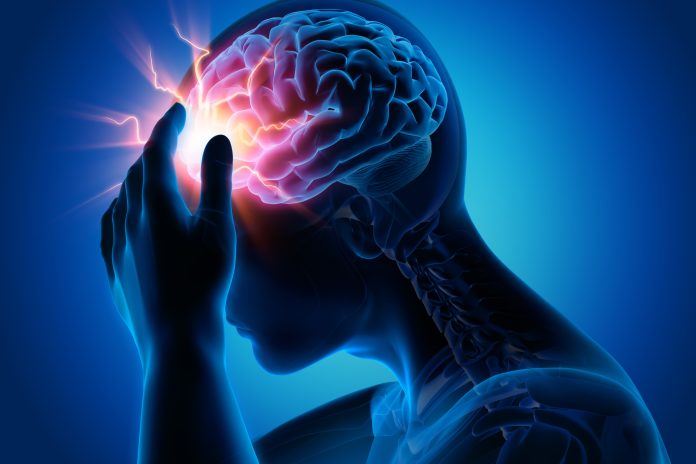Recently, awareness surrounding head injuries and concussions has grown significantly. This has raised concerns and questions about whether individuals and families are aware of what to do in case of concussion
A concussion, often referred to as a mild traumatic brain injury, can occur due to various incidents such as falls, sports injuries, or accidents involving sudden impact.
Recognising the signs and symptoms
One of the key challenges with concussions is identifying the symptoms, as they may not always be immediately apparent.
Symptoms can manifest within minutes to hours after the injury, or even days later. Common signs include headaches that persist despite painkillers, nausea or vomiting, dizziness, and difficulty concentrating.
Changes in behaviour, such as increased irritability or emotional swings, are also indicators to look out for, especially in children and adolescents.
When to seek medical attention
It’s important to seek medical help if certain symptoms appear after a head injury.
It’s crucial to seek medical help if certain symptoms appear after a head injury. These include prolonged unconsciousness, difficulty staying awake, seizures, or any loss of motor function.
Clear fluids from the nose or ears, alongside significant bruising behind the ears, are also warning signs that require immediate attention. Individuals with pre-existing conditions such as bleeding disorders or those on blood-thinning medications should be especially vigilant.
Managing concussion at home
For those with minor head injuries who are discharged from the hospital, home care is essential during recovery. Rest and avoiding stressful situations are recommended, and applying ice packs intermittently to reduce swelling can help in the healing process. It’s advisable to refrain from driving or participating in contact sports until fully recovered to prevent worsening symptoms.
Efforts to educate the public about concussion symptoms and proper management have intensified, particularly in sports and recreational settings where these injuries are prevalent. Coaches, parents, and players are urged to recognise the signs of concussion early and prioritise safety by ensuring appropriate medical evaluation and recovery time.
While most head injuries are minor, the potential long-term effects of concussions underscore the importance of timely and appropriate medical intervention.
By understanding the symptoms and taking proactive steps to promote recovery, individuals can better navigate the challenges associated with head injuries.











